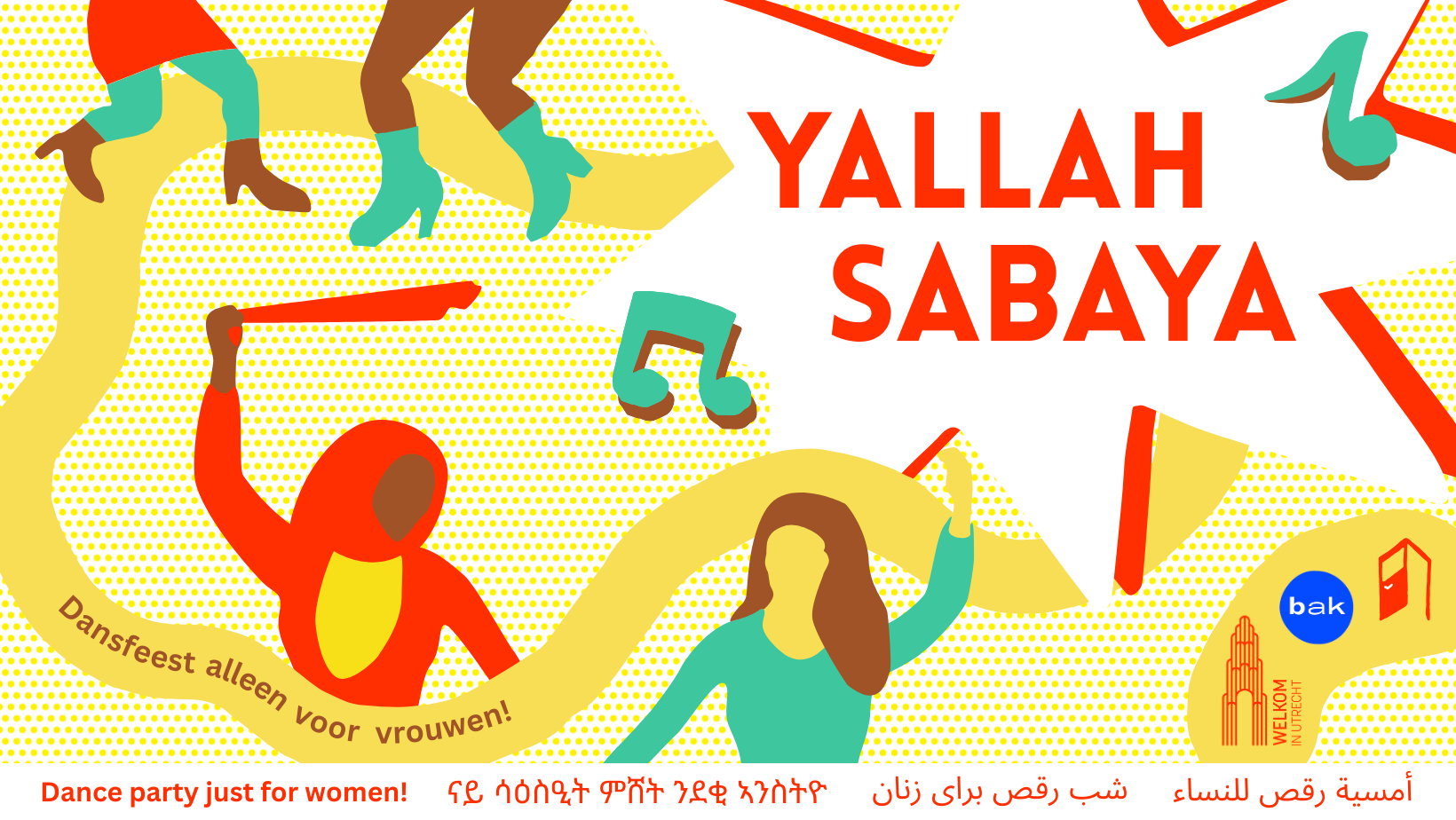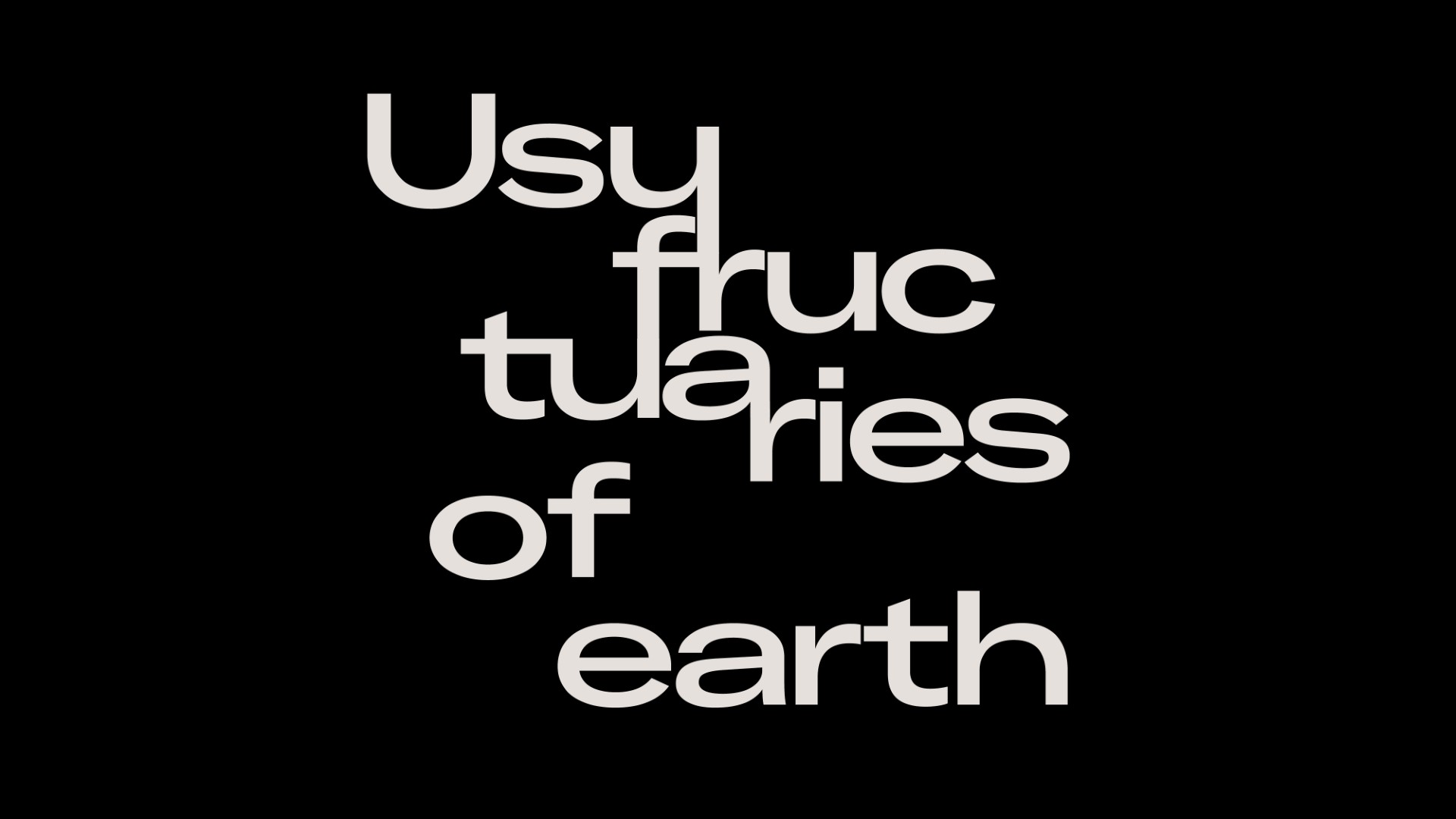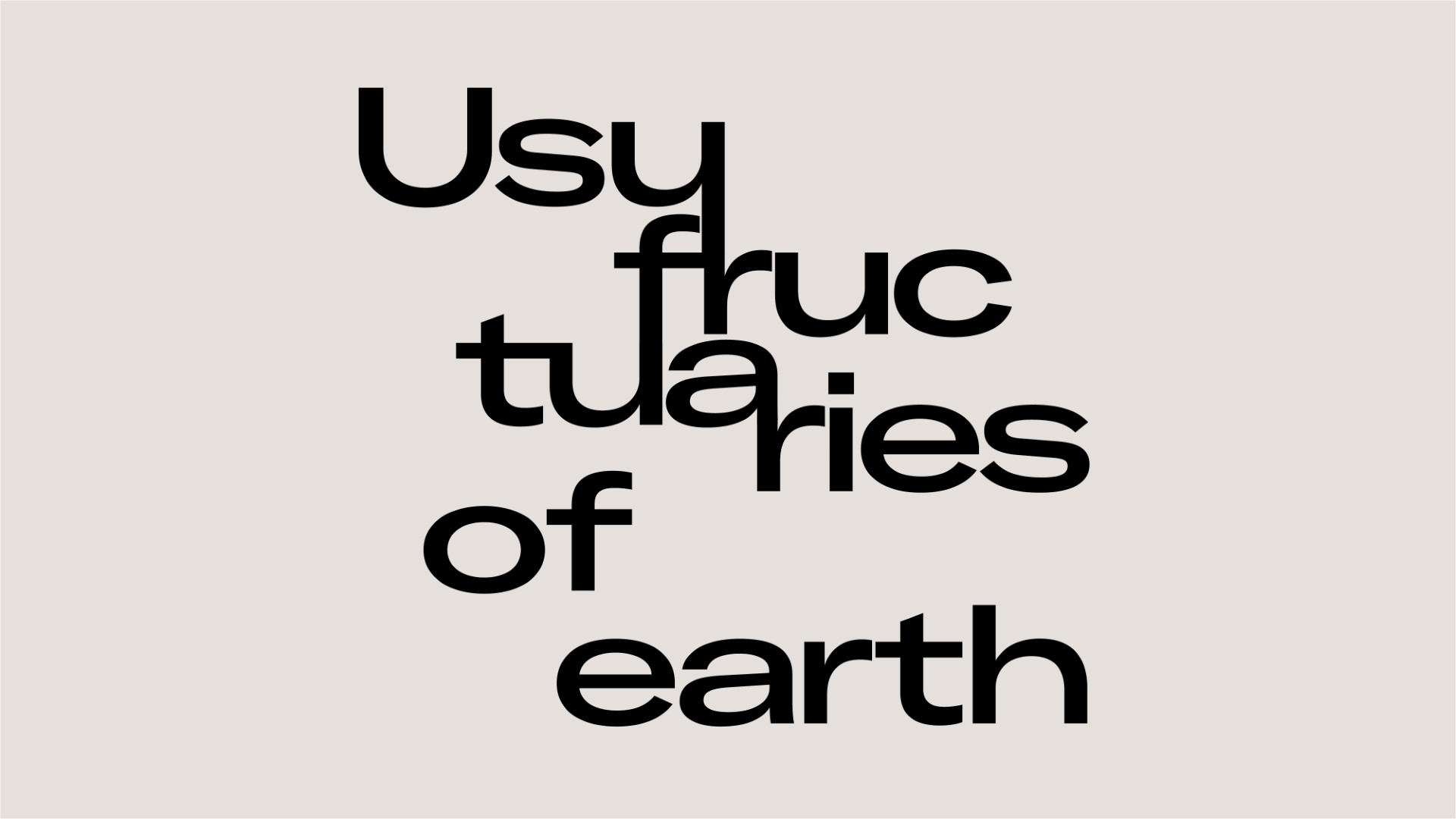Projekt Migration
As stated in the introduction to Projekt Migration, a transdisciplinary project held in Cologne in 2002–2006, “without migration Germany and Europe would not exist in their historical and current form.” The project aims to demonstrate that the model of a nation-state based on the idea of homogeneity is no longer valid and, furthermore, that the constitution of Germany as well as Europe has only been possible with the participation of migrant subjects, whether they come as “guest (or contract) workers” or other. Critically examining the condition of migrant laborers and their struggles, their reflection on culture and their contributions to a nation’s historical development as well as the current policy toward migration, Projekt Migration’s complex of artistic, historical, and scientific approaches to research and (re)presentation envisages new models of citizenship and the post-nation-state, positing migration as a force for social movement and political agency. In times when the so-called West confronts the new flux of global migration in an outspokenly conservative and exclusionary manner, promoting migrants as “other” and insisting upon assimilation, Projekt Migrationcuratorial team members Marion von Osten and Kathrin Rhomberg revisit the project and consider the current public debates about migration as well as the role of these types of transdisciplinary projects in the generation of critical dialogue among various publics.



